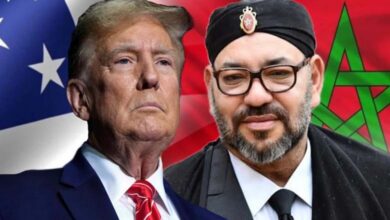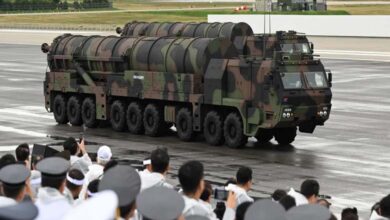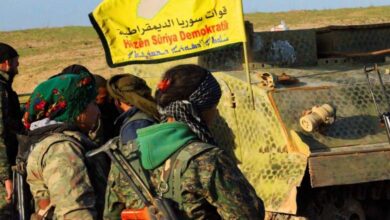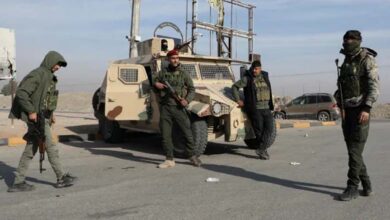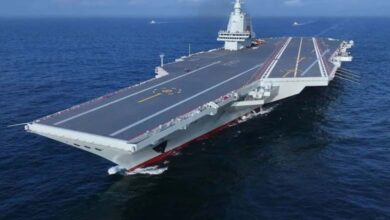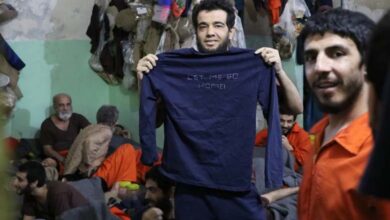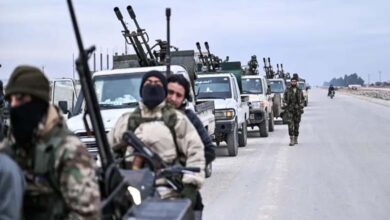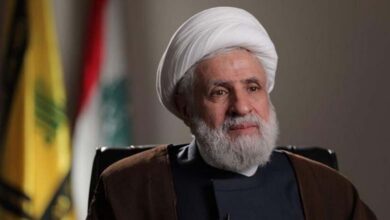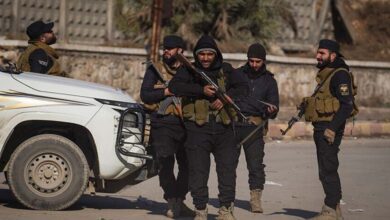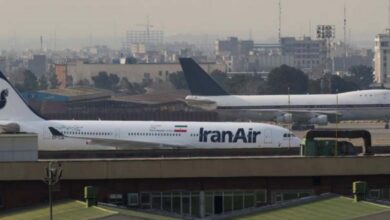ECOWAS links easing sanctions on Niger to roadmap
A committee consisting of representatives from Benin, Togo, and Sierra Leone will discuss with the military council in Niger the progress that must be made before any easing of sanctions imposed by the Economic Community of West African States (ECOWAS)
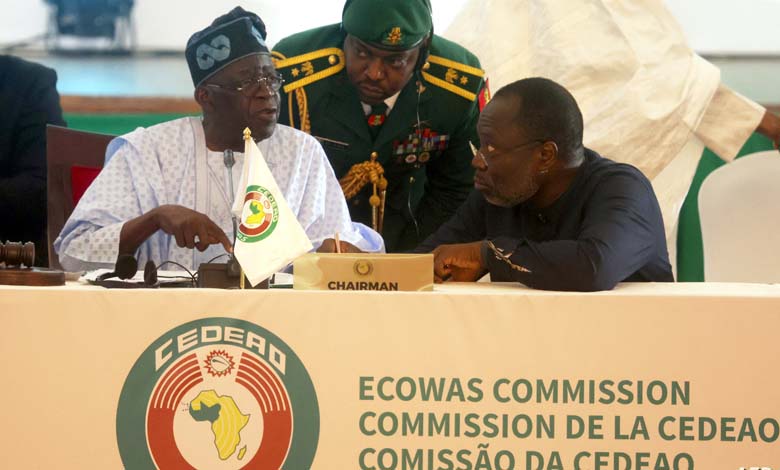
The Economic Community of West African States (ECOWAS) decided on Monday to form a committee of heads of states to engage in discussions with the military leaders in Niger regarding the establishment of a roadmap for a transitional phase. The new rulers are required to shorten their period of rule for the easing of sanctions imposed on the country.
Omar Touray, the head of the ECOWAS Commission, revealed that the committee, comprising representatives from Benin, Togo, and Sierra Leone, will discuss with the Nigerien army the progress that must be achieved before any easing of sanctions. He added, “In case the National Council for the Protection of the Nation does not commit to the results of the communication with the committee, ECOWAS will maintain all sanctions.”
On July 26, the Nigerien military carried out a coup, toppling the regime of President Mohamed Bazoum, who was placed under house arrest.
ECOWAS calls for Bazoum’s immediate return to power, but the rulers of Niger have kept the ousted president in detention and proposed a transitional period of up to three years before handing over power to civilians.
ECOWAS leaders held talks in the Nigerian capital, Abuja, on Sunday regarding their region, which is facing a worsening crisis after the military assumed power in four countries, and the risks have increased due to jihadist uprisings in the Sahel region.
International attention has focused on the recent coup, and the Economic Community of West African States imposed strict sanctions and halted trade with Niger.
Niger, a key partner in the war against jihadist organizations in the Sahel region, called for the withdrawal of French forces stationed on its territory, while the United States still has forces in the country.
Touray confirmed that the community recognizes the “deteriorating humanitarian situation” in Niger, but accused the rulers in Niamey of interfering in the management of aid allowed to enter the country.
Nigerian President Buhari Tinubu currently holds the rotating presidency of the Economic Community of West African States, which called for its summit to assist U.S. Assistant Secretary of State for African Affairs Molly to discuss ways to support Niger’s return to democratic rule and secure the Sahel region.
The ordinary summit also discussed delayed or suspended transition processes to civilian rule and holding elections in Mali, Burkina Faso, and Guinea.
ECOWAS stated that it would lift travel restrictions imposed on heads of states, prime ministers, and foreign ministers of countries undergoing a transitional phase to help push negotiations forward.
During the summit, Tinubu called for a “reassessment of dealing with countries under military rule based on realistic and short-term transition plans.”
Earlier this month, Nigeria stated that it had requested the Nigerien regime to release Bazoum and allow him to travel to a third country, paving the way for talks on lifting sanctions. Still, the military leaders in Niger rejected the initiative and asked Togo’s President Faure Gnassingbé to mediate in the dispute.
Before the ECOWAS summit, the military leader of Niger, General Abdulrahman Tiani, and some of his ministers visited Togo on Friday to strengthen bilateral relations, and a Togolese diplomatic source stated that “Tiani is ready to discuss the duration of the transitional period and Bazoum’s situation.”
Since French forces began leaving the region, military regimes in Niger, Mali, and Burkina Faso have strengthened their positions and formed the “Coalition of Sahel States.”
Tinubu said at the summit, “It appears that this illusory alliance aims to divert attention from our joint pursuit of democracy and good governance.”
Last month, gunmen attacked military sites, prisons, and police stations in Sierra Leone, a member of the Economic Community of West African States, in what the government described as an attempted coup that left 21 dead.
A week later, Guinea-Bissau also announced the thwarting of a coup attempt after clashes between the National Guard and special forces attached to the presidential guard.


